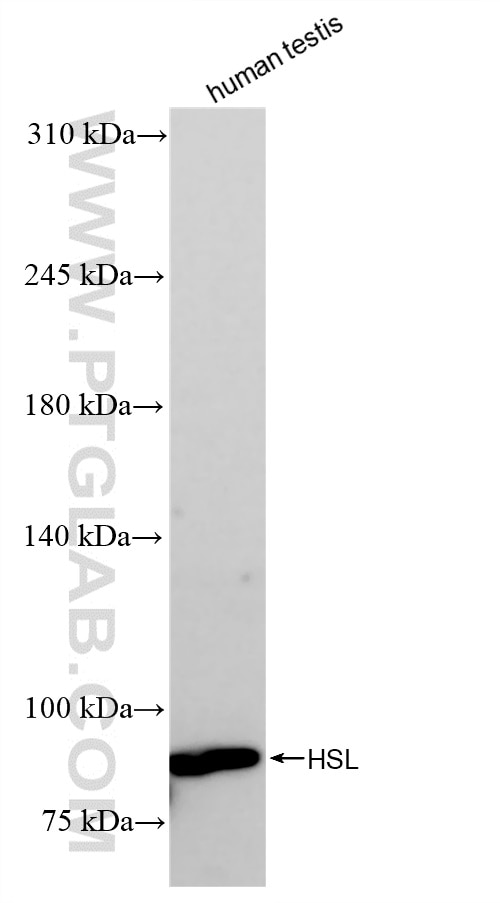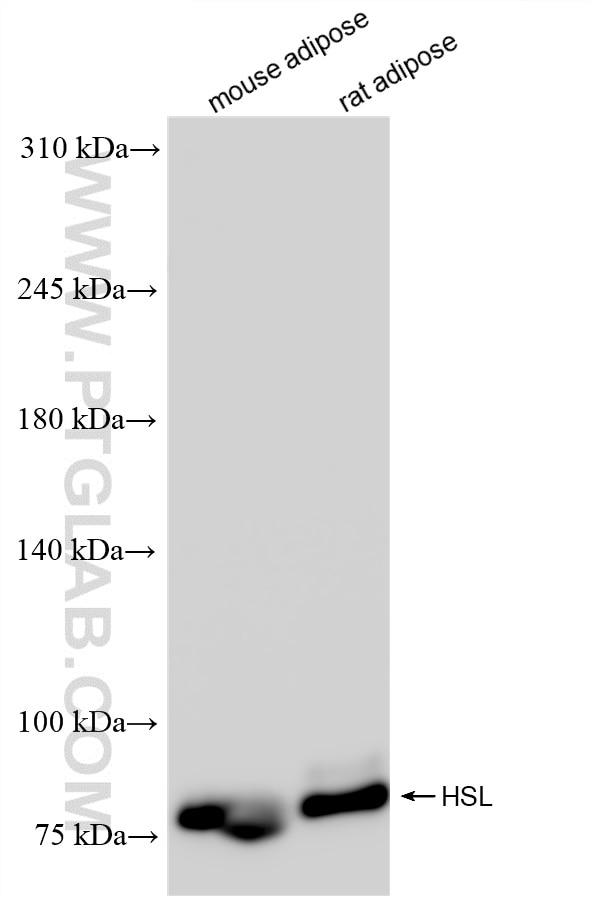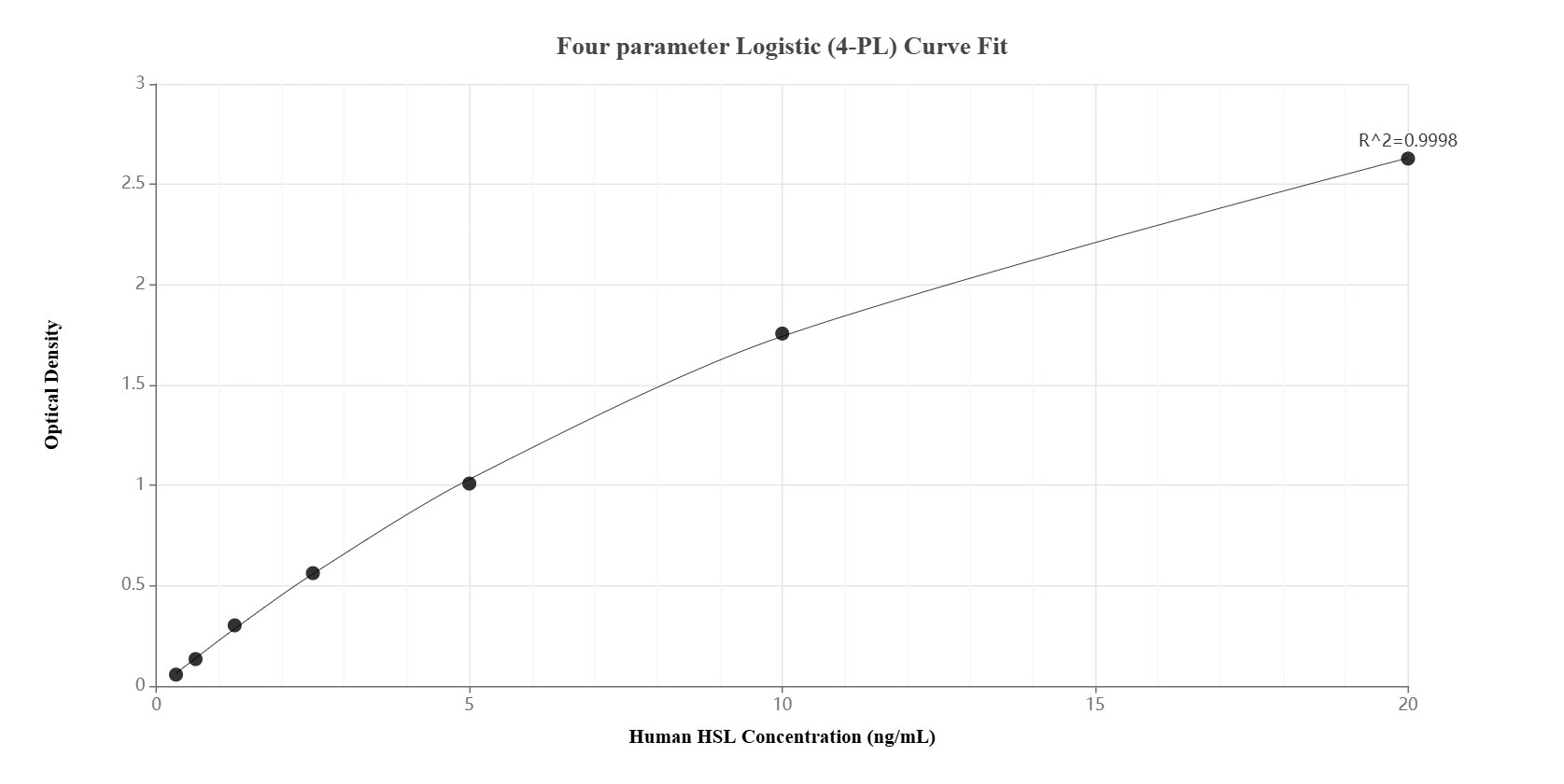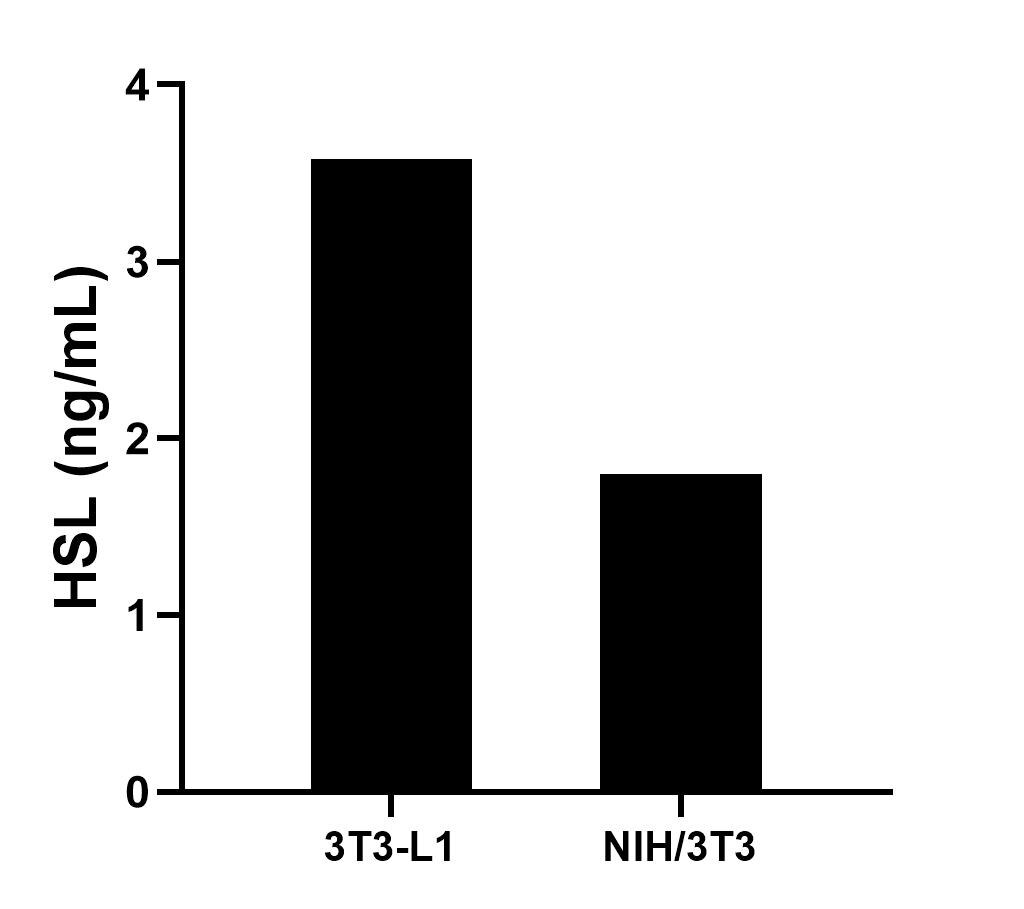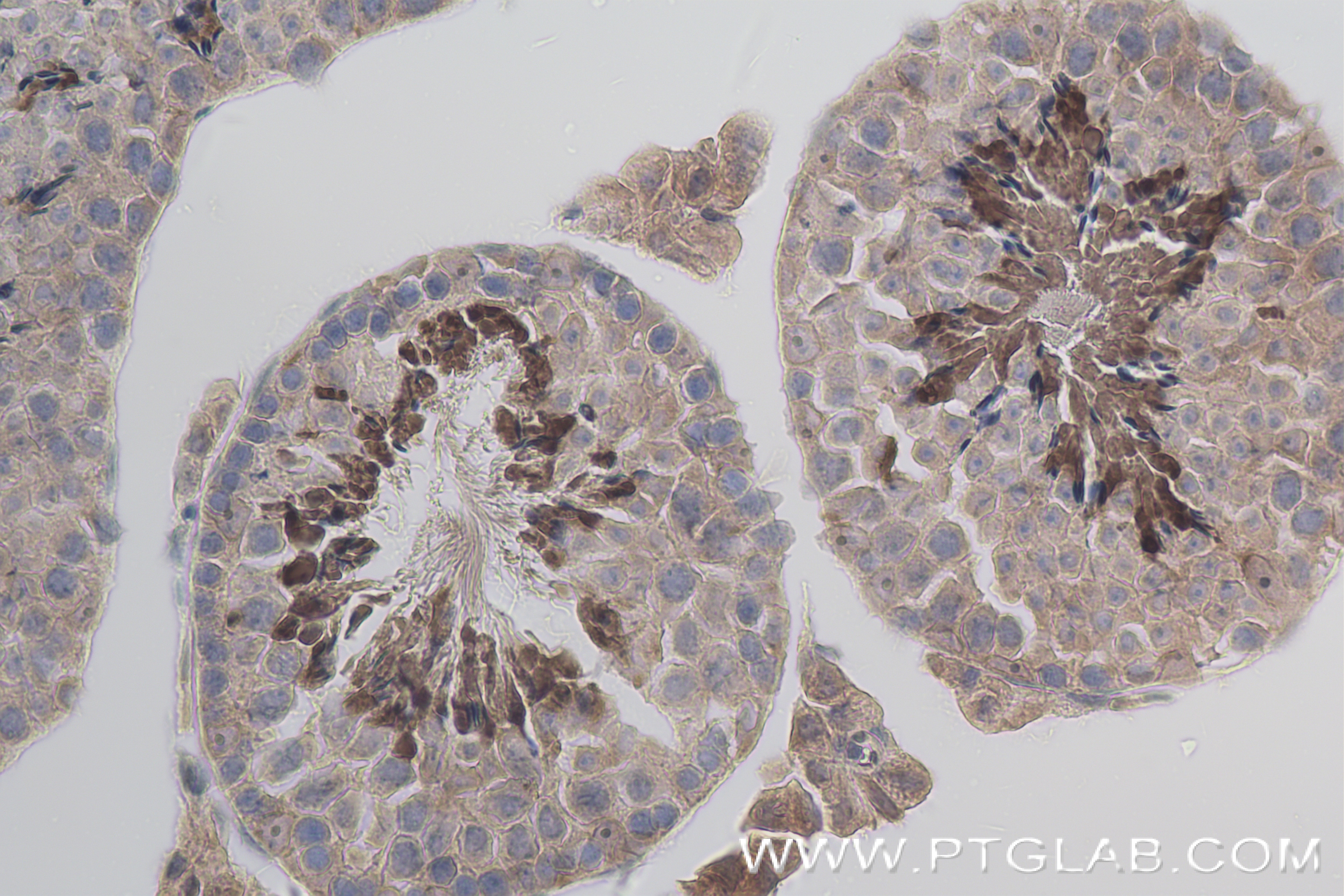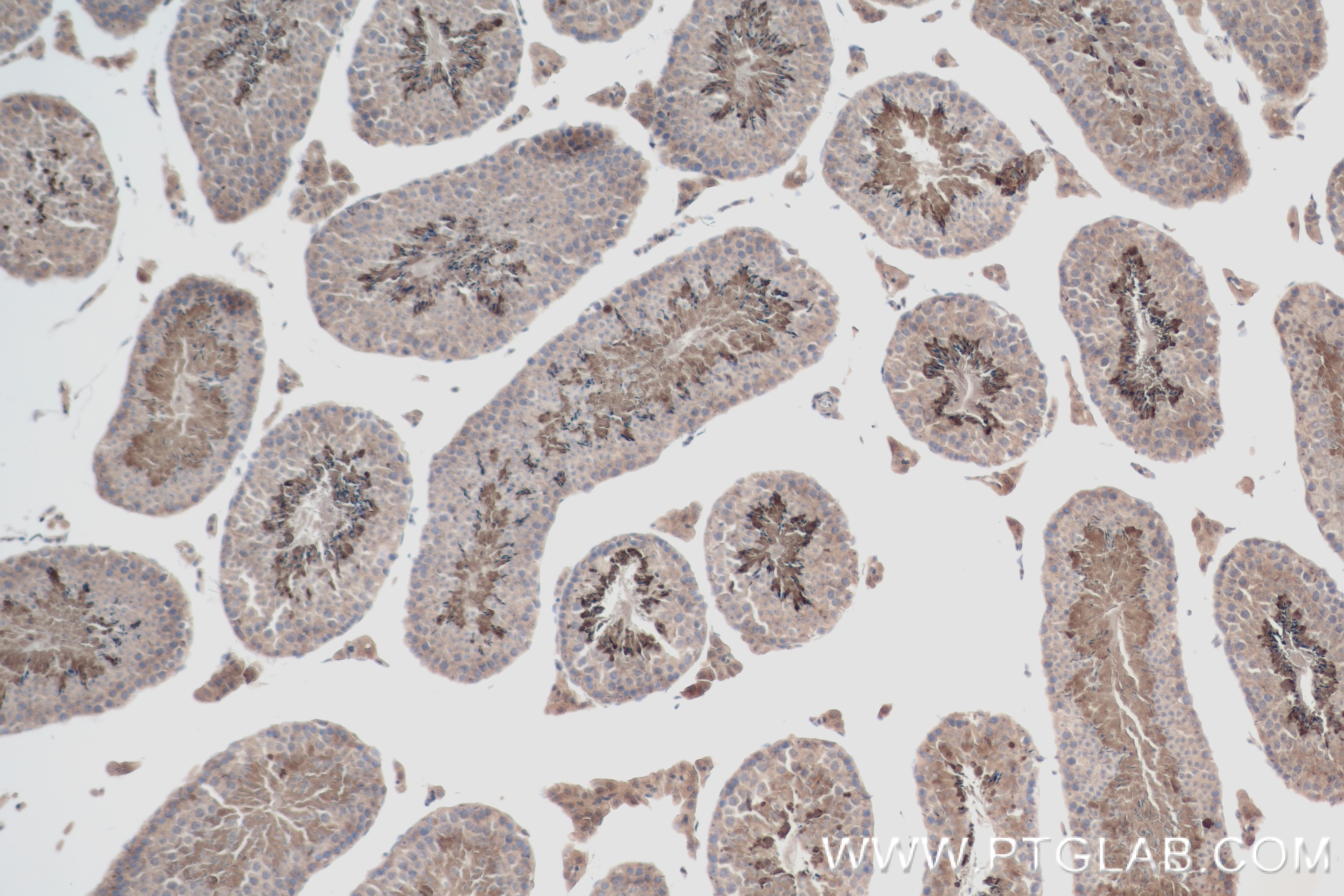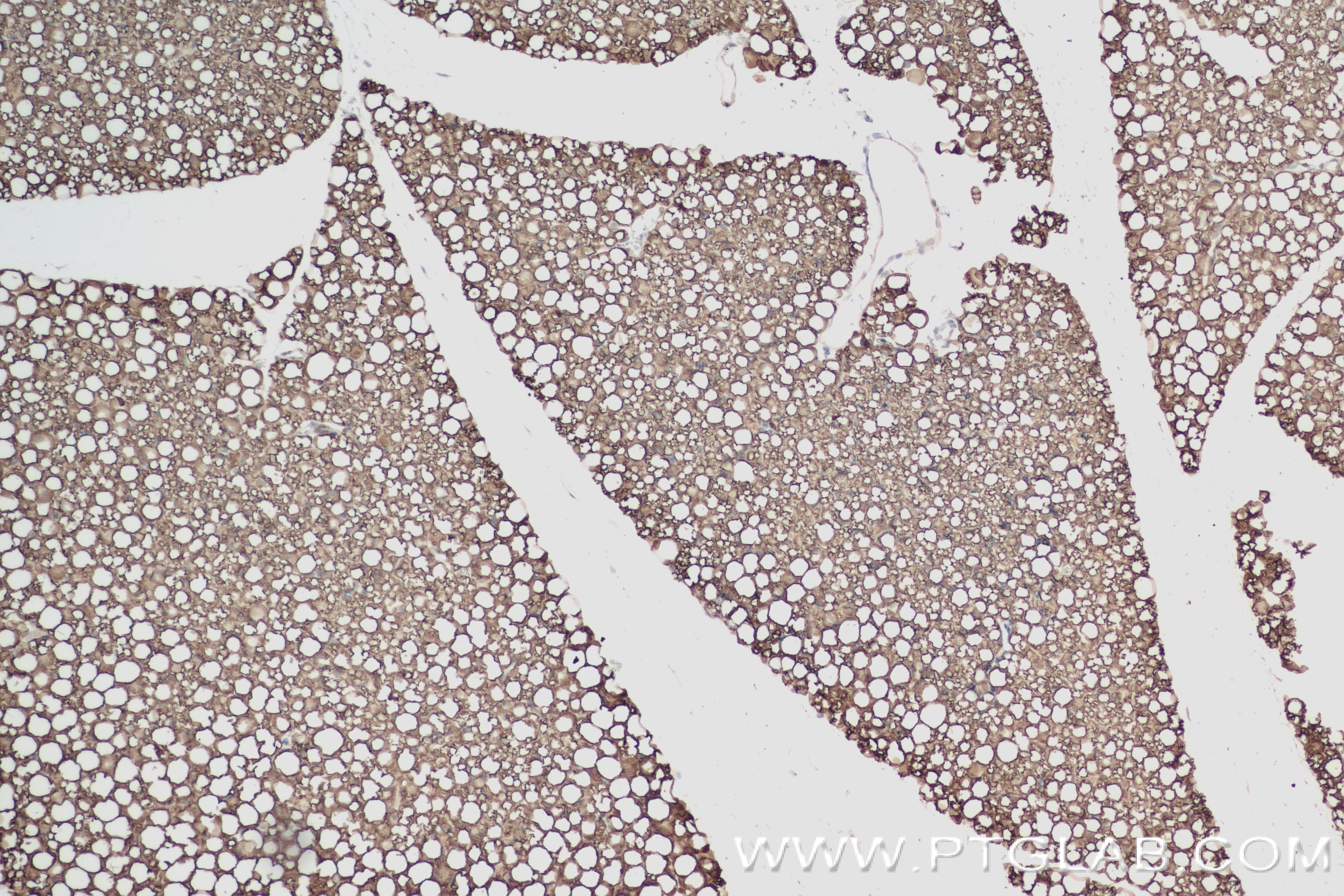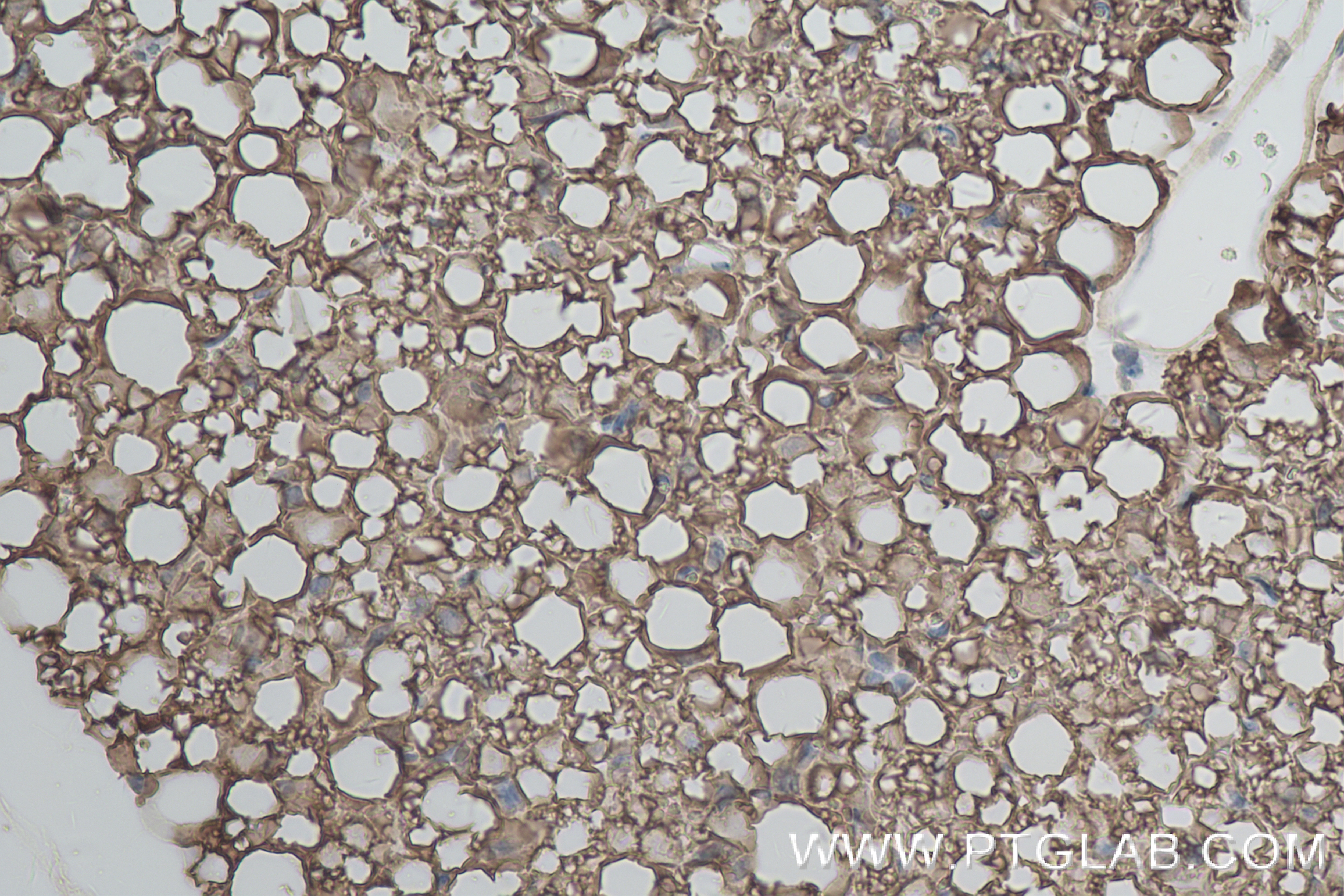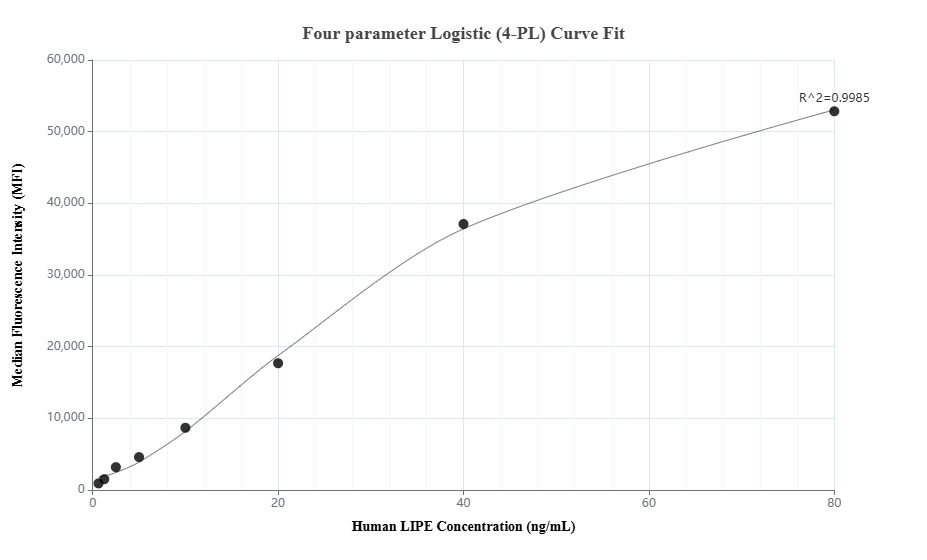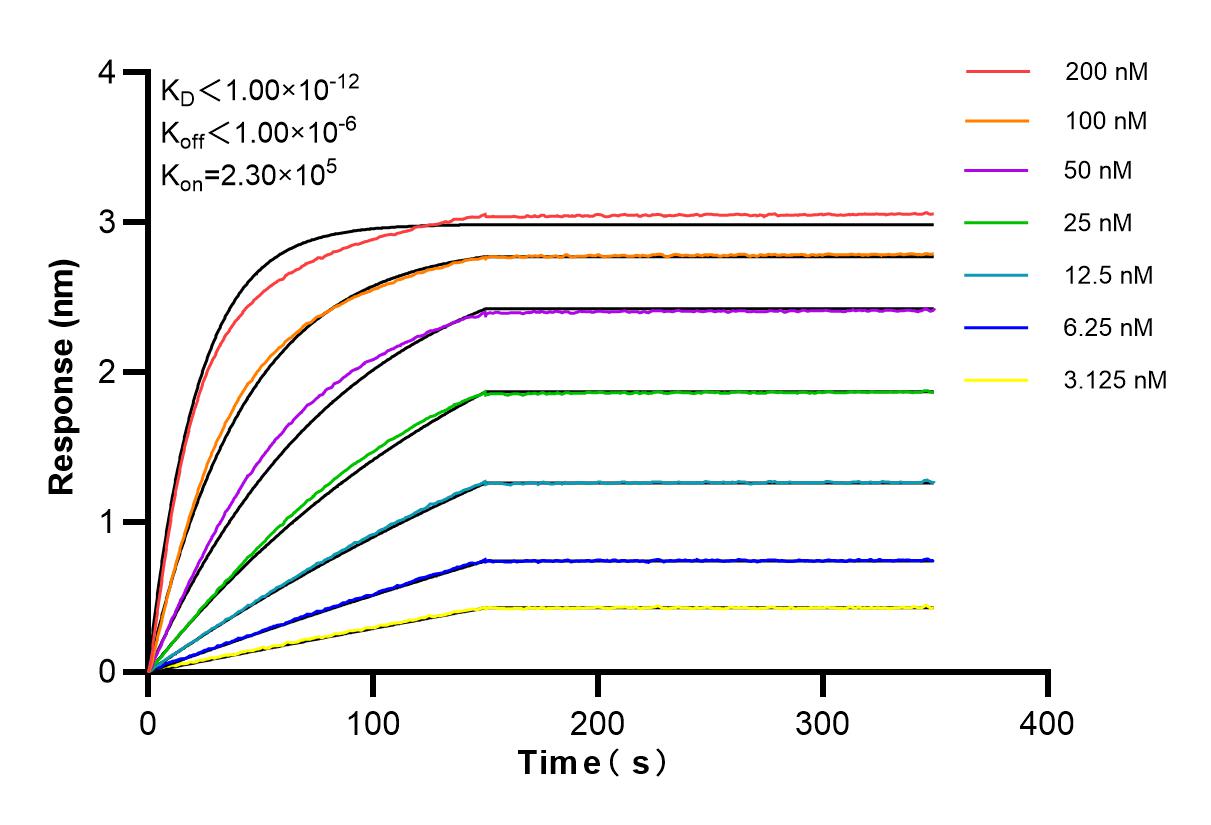Validation Data Gallery
Tested Applications
Recommended dilution
| Application | Dilution |
|---|---|
| It is recommended that this reagent should be titrated in each testing system to obtain optimal results. | |
Product Information
84540-1-PBS targets HSL as part of a matched antibody pair:
MP01374-1: 84540-3-PBS capture and 84540-1-PBS detection (validated in Cytometric bead array, Sandwich ELISA)
Unconjugated rabbit recombinant monoclonal antibody in PBS only (BSA and azide free) storage buffer at a concentration of 1 mg/mL, ready for conjugation. Created using Proteintech’s proprietary in-house recombinant technology. Recombinant production enables unrivalled batch-to-batch consistency, easy scale-up, and future security of supply.
This conjugation ready format makes antibodies ideal for use in many applications including: ELISAs, multiplex assays requiring matched pairs, mass cytometry, and multiplex imaging applications.Antibody use should be optimized by the end user for each application and assay.
| Tested Reactivity | human, mouse, rat |
| Host / Isotype | Rabbit / IgG |
| Class | Recombinant |
| Type | Antibody |
| Immunogen |
CatNo: Ag11360 Product name: Recombinant human LIPE protein Source: e coli.-derived, PGEX-4T Tag: GST Domain: 728-1076 aa of BC070041 Sequence: GNLCFTVALRAAAYGVRVPDGIMAAYPATMLQPAASPSRLLSLMDPLLPLSVLSKCVSAYAGAKTEDHSNSDQKALGMMGLVRRDTALLLRDFRLGASSWLNSFLELSGRKSQKMSEPIAEPMRRSVSEAALAQPQGPLGTDSLKNLTLRDLSLRGNSETSSDTPEMSLSAETLSPSTPSDVNFLLPPEDAGEEAEAKNELSPMDRGLGVRAAFPEGFHPRRSSQGATQMPLYSSPIVKNPFMSPLLAPDSMLKSLPPVHIVACALDPMLDDSVMLARRLRNLGQPVTLRVVEDLPHGFLTLAALCRETRQAAELCVERIRLVLTPPAGAGPSGETGAAGVDGGCGGRH 相同性解析による交差性が予測される生物種 |
| Full Name | lipase, hormone-sensitive |
| Calculated molecular weight | 117 kDa |
| Observed molecular weight | 84 kDa |
| GenBank accession number | BC070041 |
| Gene Symbol | HSL |
| Gene ID (NCBI) | 3991 |
| Conjugate | Unconjugated |
| Form | |
| Form | Liquid |
| Purification Method | Protein A purification |
| UNIPROT ID | Q05469 |
| Storage Buffer | PBS only{{ptg:BufferTemp}}7.3 |
| Storage Conditions | Store at -80°C. |
Background Information
Hormone sensitive lipase (HSL) belongs to the 'GDXG' lipolytic enzyme family. In adipose tissue and heart, it primarily hydrolyzes stored triglycerides to free fatty acids, while in steroidogenic tissues, it principally converts cholesteryl esters to free cholesterol for steroid hormone production. HSL has two isoforms with the molecular mass of 117 kDa and 84 kDa.

